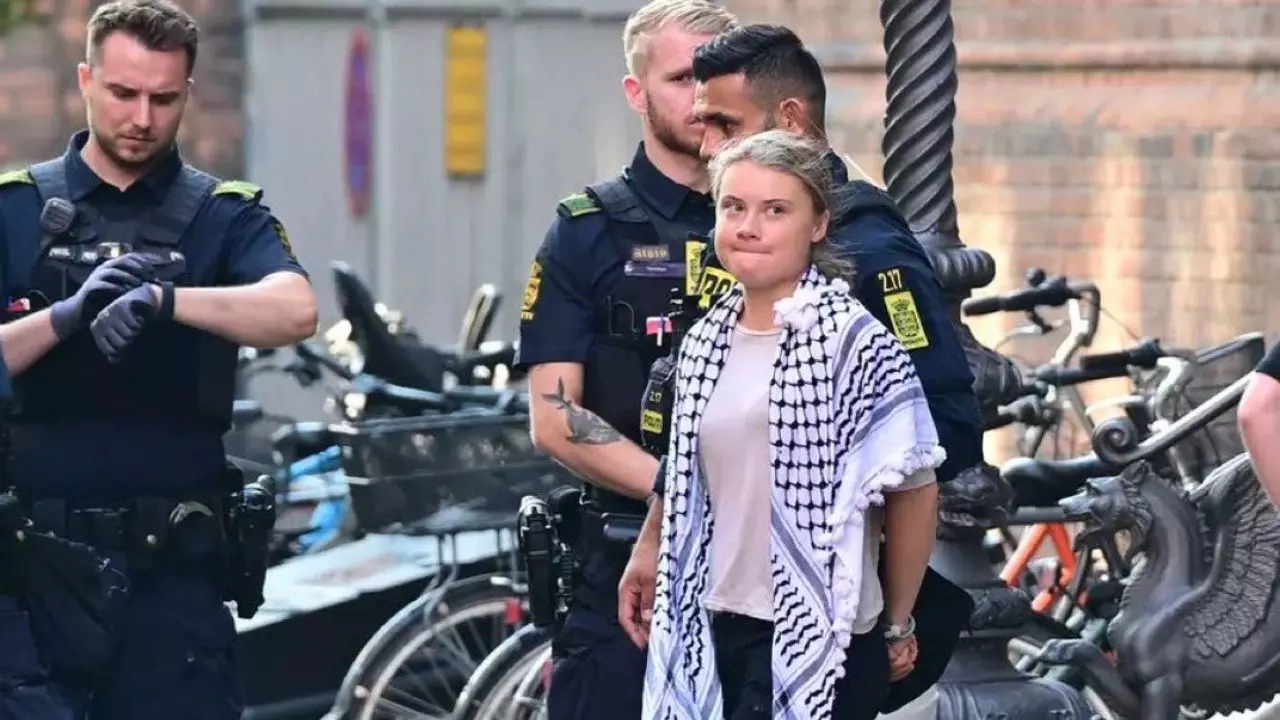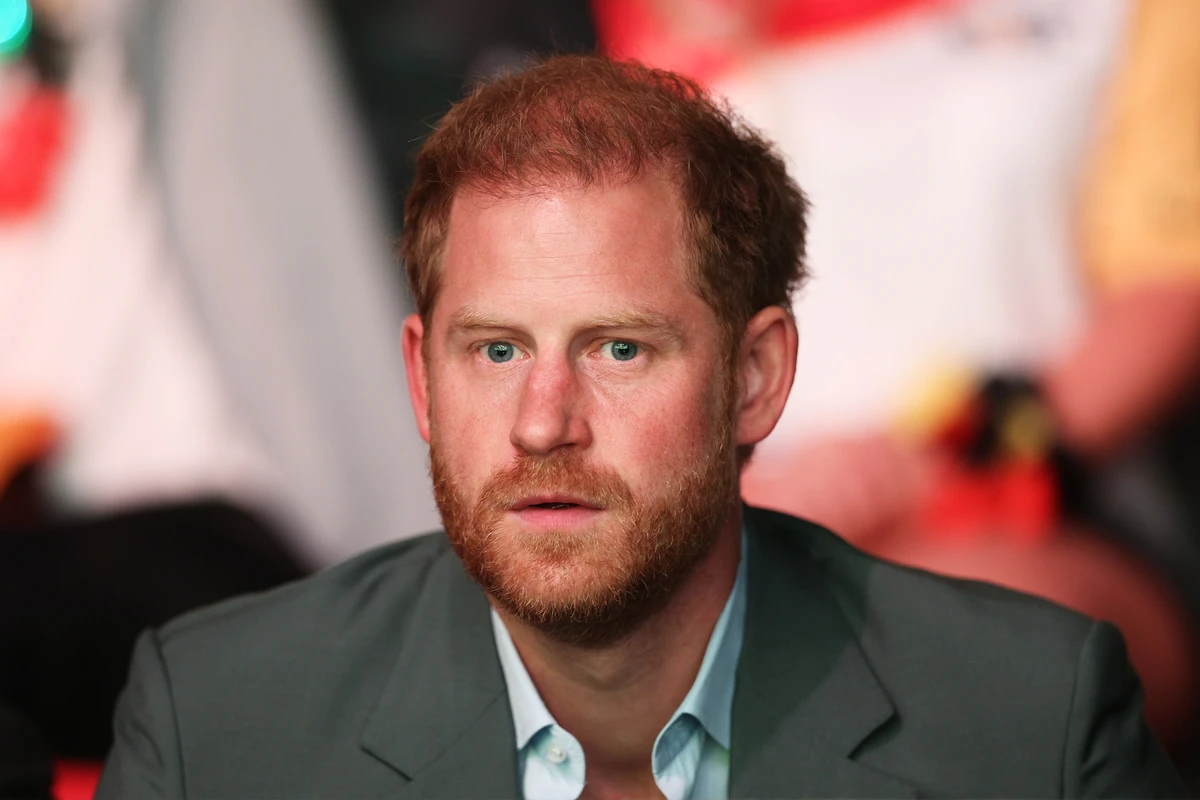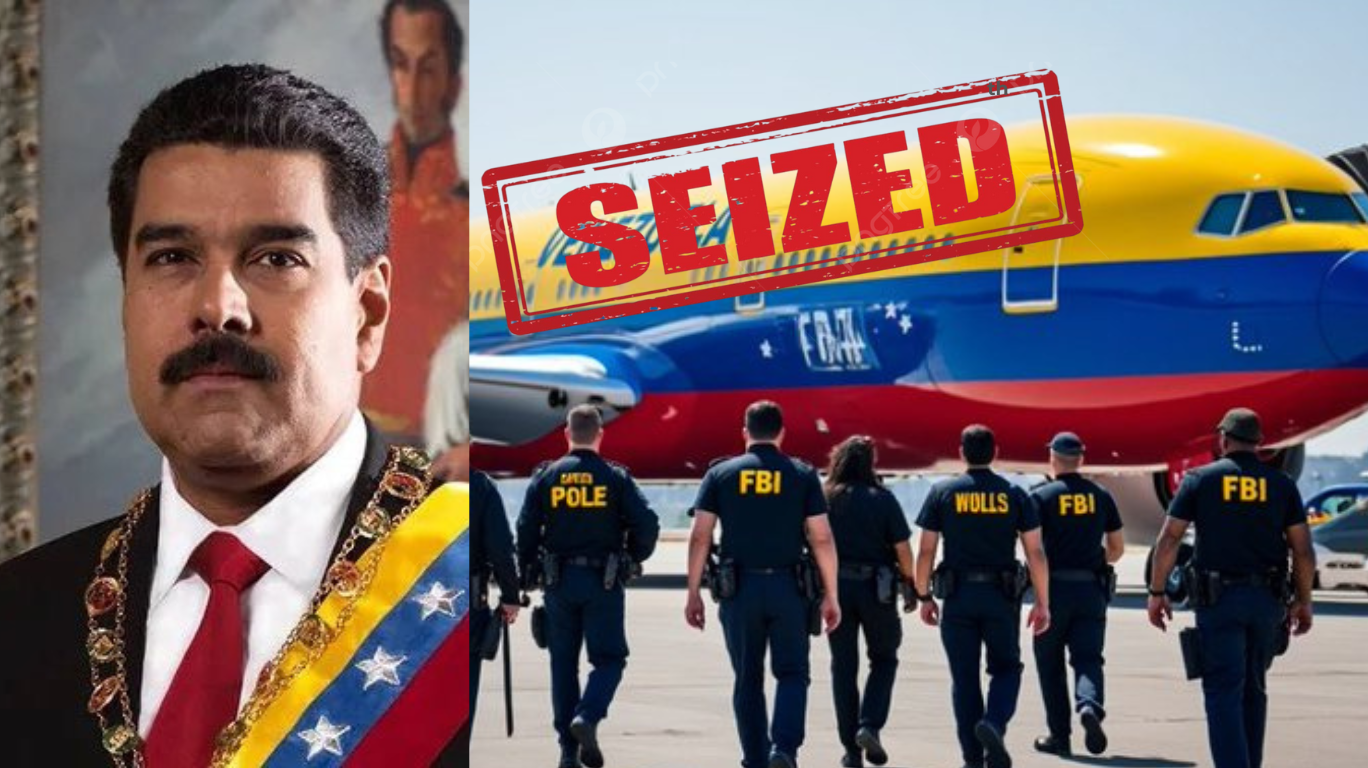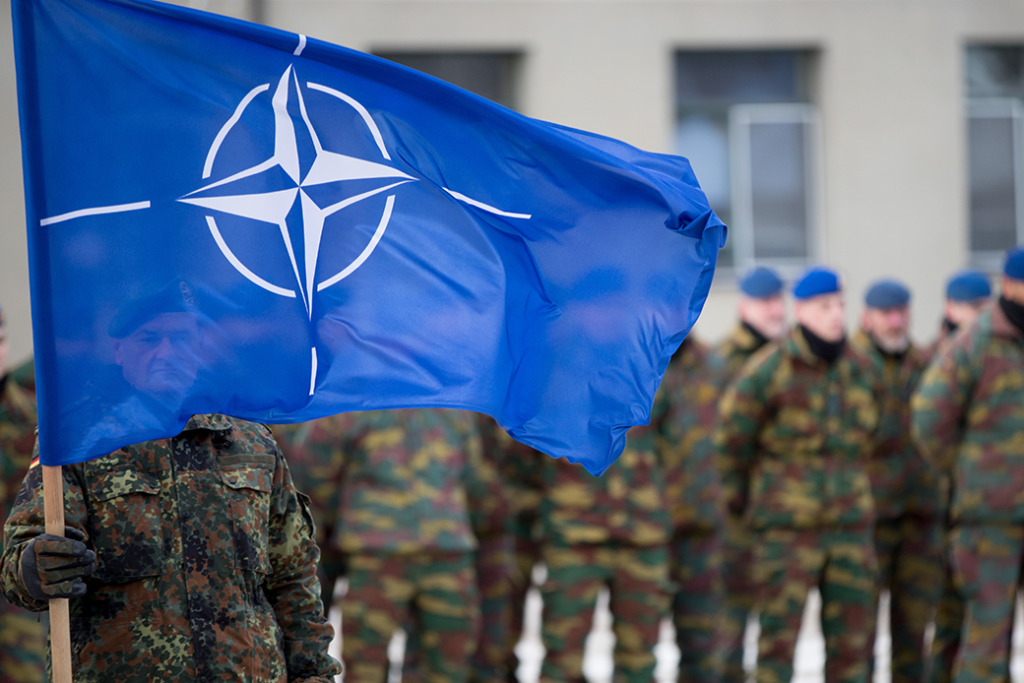
NATO has reiterated its position of not becoming directly involved in the ongoing conflict between Ukraine and Russia, despite increasing pressure from Kyiv and recent statements from Poland’s foreign minister. The US-led military alliance emphasized its commitment to preventing escalation of supporting Ukraine without provoking a broader conflict with Moscow.
The reaffirmation comes as Ukraine has repeatedly called on its Western allies to assist in intercepting Russian missiles and drones in its airspace, citing the degradation of its own air defense capabilities. In response to these requests, Ukraine signed a security pact with Poland in July, aimed at exploring the possibility of intercepting Russian aerial threats.
However, a NATO spokesperson, speaking to the Spanish news agency Europa Press, clarified on Monday that “NATO is not a party to the conflict and will not become a party to it.” The spokesperson stressed that NATO’s primary responsibility is to “prevent escalation” of the conflict. While individual NATO members have the right to defend their own airspace, the spokesperson noted that such actions should be closely coordinated with other members if they could impact the alliance as a whole.
This statement follows an interview given by Polish Foreign Minister Radoslaw Sikorski to the Financial Times, in which he expressed support for the idea of shooting down Russian missiles over Ukrainian territory if they posed a threat to Polish airspace. Sikorski argued that intercepting hostile missiles before they could enter Polish airspace would be a legitimate act of self-defense, given the potential risk of debris causing harm on Polish soil.
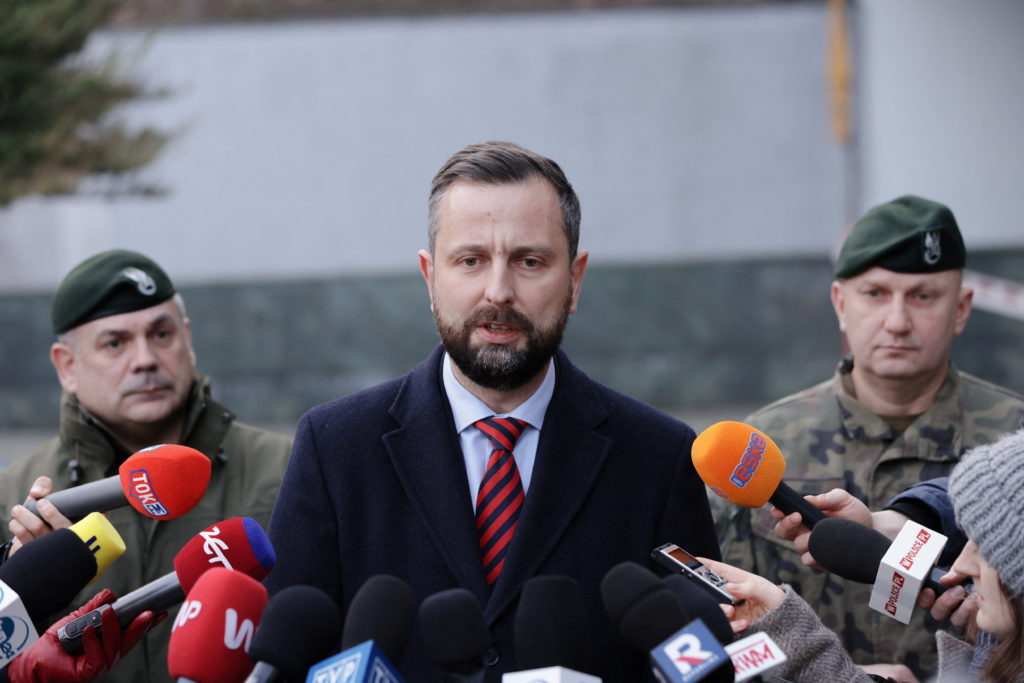
Credit: Agencja Wyborcza.pl via REUTERS
Despite Poland’s assertive stance, Polish Defense Minister Wladyslaw Kosiniak-Kamysz has emphasized that any decision to intercept Russian missiles over Ukraine would require NATO’s approval. This cautious approach aligns with comments made by Mircea Geoana, NATO’s outgoing deputy secretary-general, who highlighted the importance of consultation among NATO members before taking actions that could have widespread consequences. Geoana commended Poland for its consistent adherence to this principle.
Geoana further stressed NATO’s dual objectives of providing assistance to Ukraine while avoiding any actions that could escalate the conflict. Last week, Ukrainian Defense Minister Rustem Umerov held discussions in Brussels with NATO officials about plans for an “air defense shield” to bolster Ukraine’s defenses against Russian aerial attacks.
As the conflict continues, NATO faces the challenge of balancing its support for Ukraine with the need to prevent the situation from spiraling into a wider confrontation with Russia, underscoring the complexities of managing security in a highly volatile region.






